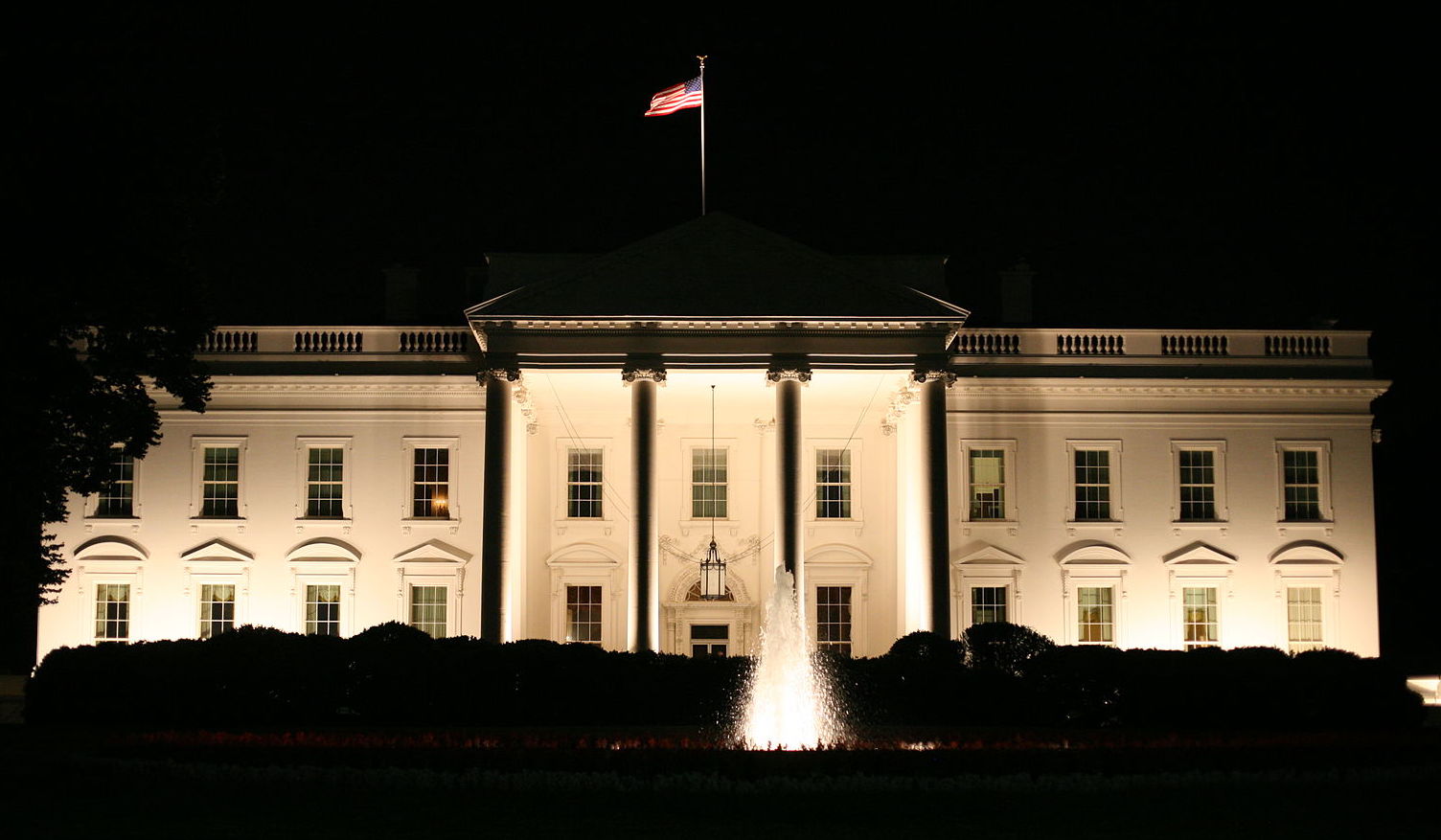The Situation: Ten and Five Theses

The Situation on Wednesday asked why the Trump administration keeps taking actions provoking lawsuits the president must know he cannot win.
Today, I want to offer fifteen theses on Donald Trump’s sale of indulgences:
(1) In the four months and ten days since his inauguration, Donald J. Trump has issued a great many indulgences. Not all of them, by any means, have been purchased. Some have been payments owed to his mercenaries. Many have been rewards to supporters. At least some, however, have—directly or indirectly, explicitly or implicitly—been purchased.
(2) The granting of indulgences to political friends and political supporters is nothing new. Presidents have done it for a long time. Presidents have even been occasionally known to grant indulgences to those whose family members have paid handsomely for the consideration. But in the past, such indulgences have tended to issue as a president is on his way out of office, not right at the beginning of his term. President Trump, deploying an admirable form of transparency, has moved the corruption right up front: “whatsoever ye have spoken in darkness shall be heard in the light; and that which ye have spoken in the ear in closets shall be proclaimed upon the housetops,” sayeth the Gospel. And Trump has heard. He has created a veritable marketplace for indulgences.
(3) Mostly, he is not the financial beneficiary of this marketplace. Mostly, those who seek his writs of absolution seem to be paying his courtiers, who are acting as a filtering mechanism for determining which lucky criminals do and don’t get impunity. Trump here appears animated less by pecuniary benefit to himself than by the plenary nature of the power that is his. And it is all his. Its exercise cannot be reviewed. He gets to bestow grace on those who plead for it and whose causes he finds pleasing. He gets to create a cadre of rich people indebted to him for their freedom. He gets to create a cadre of violent felons in his debt. He gets to own the libs. Over and over again. And I think he finds that both useful and, let’s face it, kind of fun. Wouldn’t you?
(4) But such use of the presidential power to issue indulgences serves no legitimate public policy purpose whatsoever. It is pure patronage of the most corrupt variety.
(5) There is no realistic way to reform the presidential power to issue indulgences, which lives in the Constitution itself. And Congress probably wouldn’t want to do so anyway. So all one can do is call out his use of indulgences and remind people constantly whom he has absolved—and why.
(6) All one can do is make sure people know about the recipients of presidential indulgences who have not used them as an opportunity for spiritual transformation but have gone on to commit other crimes.
(7) All one can do is note that while other presidents, including the one immediately preceding the current administration, have used indulgences in a corrupt and self-serving fashion, Trump’s use of them is profoundly different—different not just in scale but in kind. Yes, past presidents have used the power to issue indulgences to reward friends and supporters and family members. But no previous president has used the power to create an incentive structure for people to do violence on his behalf, for criminals to buy their way out of trouble, for the rich to purchase impunity for fraud, and for all people to consider the president as the retail distributor of salvation.
(8) All one can do is note that if Congress and the states were inclined toward a Reformation of this power, a simple constitutional amendment allowing Congress to override any grant of any indulgence with a majority vote in both houses would go a long way to disincentive its abuse.
(9) All one can do is hope and pray that if and when the opposition party takes power in either house of Congress, it aggressively investigates and publicizes the abuse of the power to issue indulgences—and to hope and pray that every recipient of such an indulgence today can be made to understand that everyone involved in the procurement of his or her indulgence might have to testify on the corrupt transaction relatively soon.
(10) All one can do is remind people that the presidential power to issue indulgences was intended to serve higher-minded purposes: to bring the country together following rebellions, to remedy injustices, to function as a check on a criminal justice system that will sometimes err on the side of harshness. It was not intended to create a god out of the president. And it was not intended to create a market for his grace.
(11) All one can do is remind those in power that the abuse of the power of indulgence has tended to blow up in the faces of those who feel untouchable during the act of abuse. Even popes have regretted the sale of forgiveness. The backlash tends to be fierce.
(12) All one can do, in short, is nail one’s disputations to the church door.
(13) All one can do is resolve not to forget.
(14) All one can do is insist that legal absolution and moral absolution are not the same thing and insist as well that this corruption too shall pass if enough people shame it aggressively and consistently enough.
(15) All one can do is hope that is true.
The Situation continues tomorrow.


.jpg?sfvrsn=407c2736_6)


